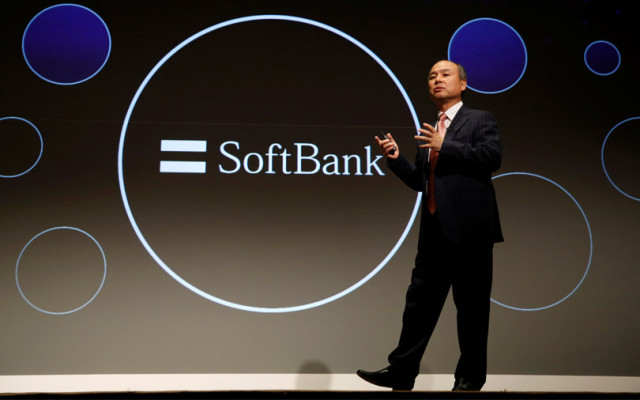
Common investors not undermining competition between Ola, Uber: Antitrust watchdog


The country’s antitrust watchdog has rejected allegations that Ola and Uber were indulging in anti-competitive practices driven by the ride-hailing rivals’ common institutional investors.
In response to complaints by radio taxi firm Meru Cabs, the Competition Commission of India (CCI) observed that there was no material on record to suggest that the competition between Ola and Uber had been compromised on these grounds.
The common investor in this particular complaint refers to Japanese investment giant SoftBank.

SoftBank became the largest shareholder in US-headquartered Uber earlier this year. It also owns a significant stake in Ola and invested $1.1 billion in the homegrown unicorn last year. Tiger Global Management LLC, Sequoia Capital and Didi Chuxing are also common investors in the two cab aggregators.
“In the absence of any discernible effect, it will be legally untenable to hold that OPs [opposite parties i.e Ola and Uber] can be influenced in their decisions on operations by the minority number of directors of parties having common shareholding in them, and that they could reach an agreement to this effect as envisaged under Section 3 of the Act,” the commission ruled.
Meru’s complaints primarily pertain to Section 3 of breaching anti-competitive agreements and sections related to abuse of dominant market position.

The company alleged that the common investors in Ola and Uber have control over both of them and it is possible that they may end up serving as a platforms to collude or exchange of sensitive information.
Ola and rival Uber are locked in a fierce battle and have burnt a massive amount of capital in recent years to gain an upper hand in India’s growing ride-hailing market.
In October, Meru Cabs’ chief executive Nilesh Sangoi said the company had filed four new complaints with the country’s antitrust watchdog, claiming that Uber and Ola were abusing their dominance in four different cities - Hyderabad, Mumbai, Chennai, and Kolkata - by burning vast sums of investor funds to distort the market.

With their deep pockets, Ola and Uber have entered into agreements with drivers and employed lucrative incentive models to lock-in the drivers onto their networks, Meru alleged.
Besides, it is also alleged that both Ola and Uber have been indulging in below variable cost pricing for a period of more than two years which has led to significant losses as well increased bookings.
Meru alleged that these actions are not a part of promotional activities but have been undertaken with the specific purpose of reducing competition and ousting competitors from the market.

The competition watchdog, which gave a unified response to these several complaints, ruled that market shares were neither an indicator of lack of competitive constraints nor depicted the real competition that existed in the market.
“Though market share is theoretically an important indicator for lack of competitive constraints, it is not a conclusive indicator of dominance,” it said.
The commission had, in the past, rejected Meru’s allegations of predatory pricing against Ola.

Meru, one of India’s oldest radio-taxi services, was the only major organised player until a few years ago. But it has no direct backing of large foreign investors.
Sangoi had told TechCircle earlier this year that that the firm had achieved profitability in its business to consumer (B2C) vertical even as it slowly shifted its focus to the less-penetrated business-to-business (B2B) segment.
